A company headquartered in Hungary, BAC Consulting, is facing intense scrutiny following devastating attacks involving explosive-laden pagers in Lebanon that have been tied to Hezbollah. These incidents have left at least 37 people dead and injured around 3,000 others, prompting a flurry of questions about the firm’s role in supplying these devices. The aftermath of the attacks has drawn international media attention and raised concerns about how these communication tools, allegedly produced by BAC Consulting, came to be involved in such a high-profile incident.
This in-depth article explores the unfolding situation surrounding BAC Consulting, its CEO, the background of the company, and the broader implications of its alleged involvement in the attacks.
The Devastating Pager Explosions: What Happened?
On a seemingly ordinary Tuesday and Wednesday in Lebanon, the country was rocked by coordinated blasts that reverberated across areas associated with Hezbollah. At the heart of the explosions were what appeared to be simple communication devices—pagers, a technology that most thought had faded into obscurity. However, these pagers were no ordinary gadgets. They were rigged with explosives that tore through the targeted areas, killing dozens and injuring thousands.
Images from the aftermath revealed the charred remains of these pagers, leading investigators to pinpoint their origin. The pagers bore striking similarities to those manufactured by Gold Apollo, a Taiwanese company. Gold Apollo, for its part, denied any direct involvement in the attacks but confirmed that the pagers in question were produced under license by BAC Consulting, a Hungarian-based firm with ties to Italy through its CEO.
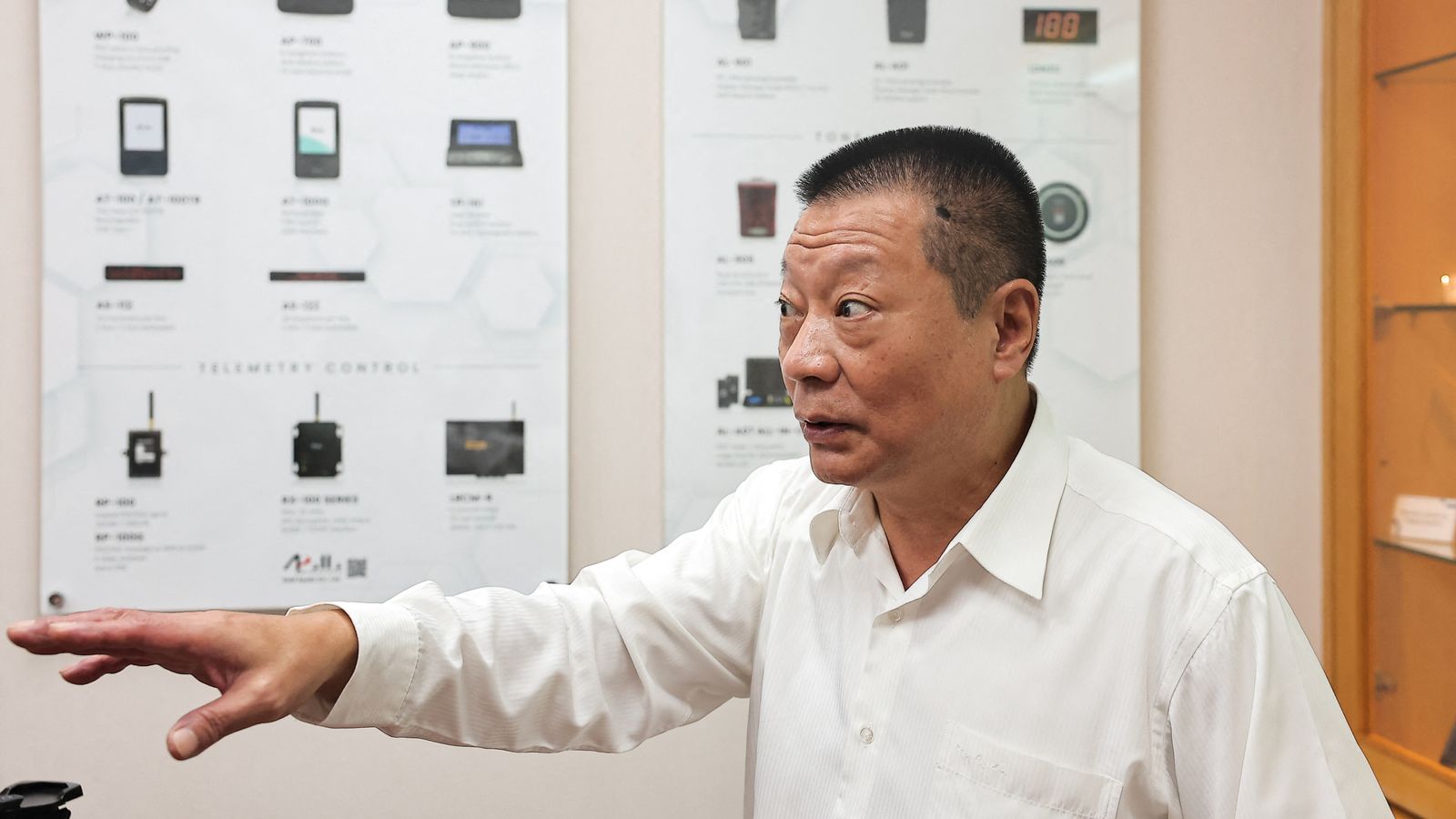
Unraveling BAC Consulting’s Role
While much of the public scrutiny has centered on Hezbollah’s possible involvement in using these pagers for the attacks, an unexpected company now finds itself in the limelight: BAC Consulting. Based in Hungary, this relatively obscure consulting firm has been thrust into the media spotlight, and the company is facing allegations that it was part of a larger, covert operation orchestrated by external intelligence agencies.
A New York Times report, citing three anonymous intelligence officers, claimed that BAC Consulting may have acted as a front for Israel, further complicating the narrative. According to these sources, the company was an essential link in the supply chain that saw these pagers end up in Hezbollah’s hands, although Israel has neither confirmed nor denied its involvement in the attacks.
The Company at the Center of It All: BAC Consulting
BAC Consulting, under the leadership of Italian-born Cristiana Barsony-Arcidiacono, was established in 2010. While it may have originally started as a management consultancy firm, it has since diversified into numerous sectors, with 117 activities listed on its registration documents, ranging from retail to manufacturing.
Based in the Palace District of Budapest, BAC Consulting’s headquarters are in an unassuming office building, raising further questions about its true operations. Reports suggest that the company uses a service that provides registered business addresses for multiple firms, which is not unusual for consultancy firms but has raised concerns about the transparency of its operations.
CEO Denies Involvement
Amid mounting pressure, CEO Cristiana Barsony-Arcidiacono has spoken out to distance her company from the devastating events. In an interview with NBC News, she categorically denied that BAC Consulting manufactured the explosive pagers used in the Hezbollah attack. “I don’t make the pagers. I am just the intermediary. I think you got it wrong,” she stated, trying to deflect any direct involvement in the manufacturing process.
Despite her denials, Barsony-Arcidiacono has found herself in the middle of a geopolitical storm. Her extensive resume, which includes stints at organizations like UNESCO, the International Atomic Energy Agency (IAEA), and the European Commission, only adds to the intrigue surrounding her and her company’s possible links to global intelligence networks.
According to her LinkedIn profile, Barsony-Arcidiacono boasts an impressive academic background with studies at University College London (UCL) and the London School of Economics (LSE). Described by a neighbor as “highly educated” and someone who hadn’t been seen in several years, she remains a somewhat enigmatic figure in the unfolding story.
Despite numerous attempts to reach her for further comment, including efforts by Sky News correspondent Dan Whitehead, Barsony-Arcidiacono has maintained her silence on the matter. Her family apartment in the Ujpest suburb of Budapest has become a focal point for media scrutiny, though neighbors report that she has not been present for some time.
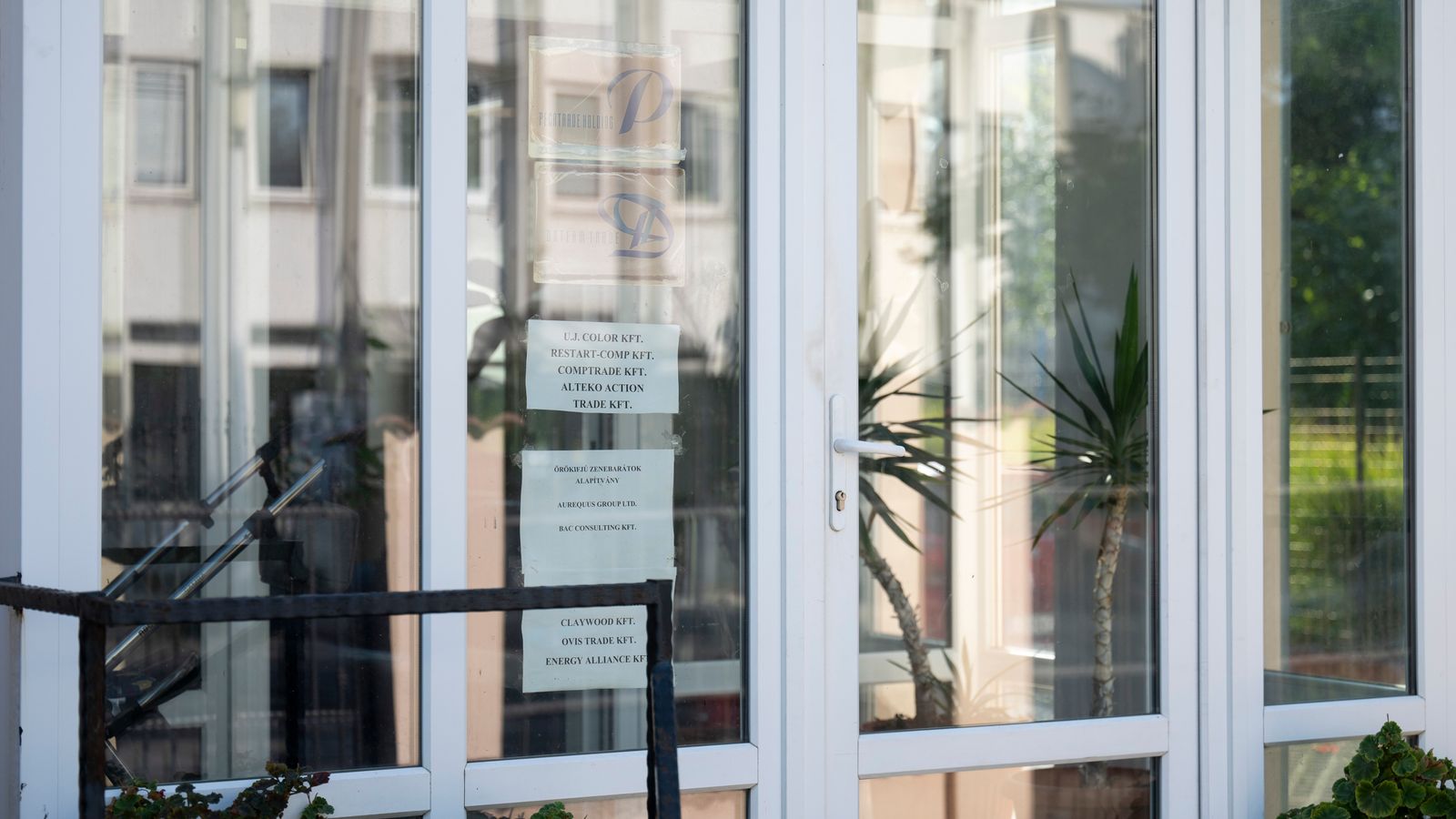
The Complex Supply Chain: BAC Consulting’s Ties to Gold Apollo
While BAC Consulting continues to deny manufacturing the pagers, the trail of evidence seems to suggest otherwise. Investigators looking into the devices found at the scene of the explosions have confirmed that they match products made by Gold Apollo, a Taiwanese electronics company known for producing communication devices like pagers. Gold Apollo quickly distanced itself from the attacks, clarifying that BAC Consulting was a licensed producer under its brand.
In fact, according to Gold Apollo, BAC Consulting had full authorization to manufacture pagers under the Gold Apollo name. However, the company did not know how these devices could have been weaponized and used in such a deadly manner. Gold Apollo’s spokesperson reiterated that it has strict oversight of its licensees and was “shocked and dismayed” by the connection between its brand and the recent events in Lebanon.
A Broader Network of Involvement?
The story took an even more complicated turn when Hungarian news outlet Telex reported that BAC Consulting did not directly facilitate the sale of these explosive pagers, but rather through a Sofia-based company called Norta Global Ltd. This Bulgarian firm is now under investigation by the Bulgarian state security agency, which has vowed to probe its potential role in shipping pagers to Hezbollah.
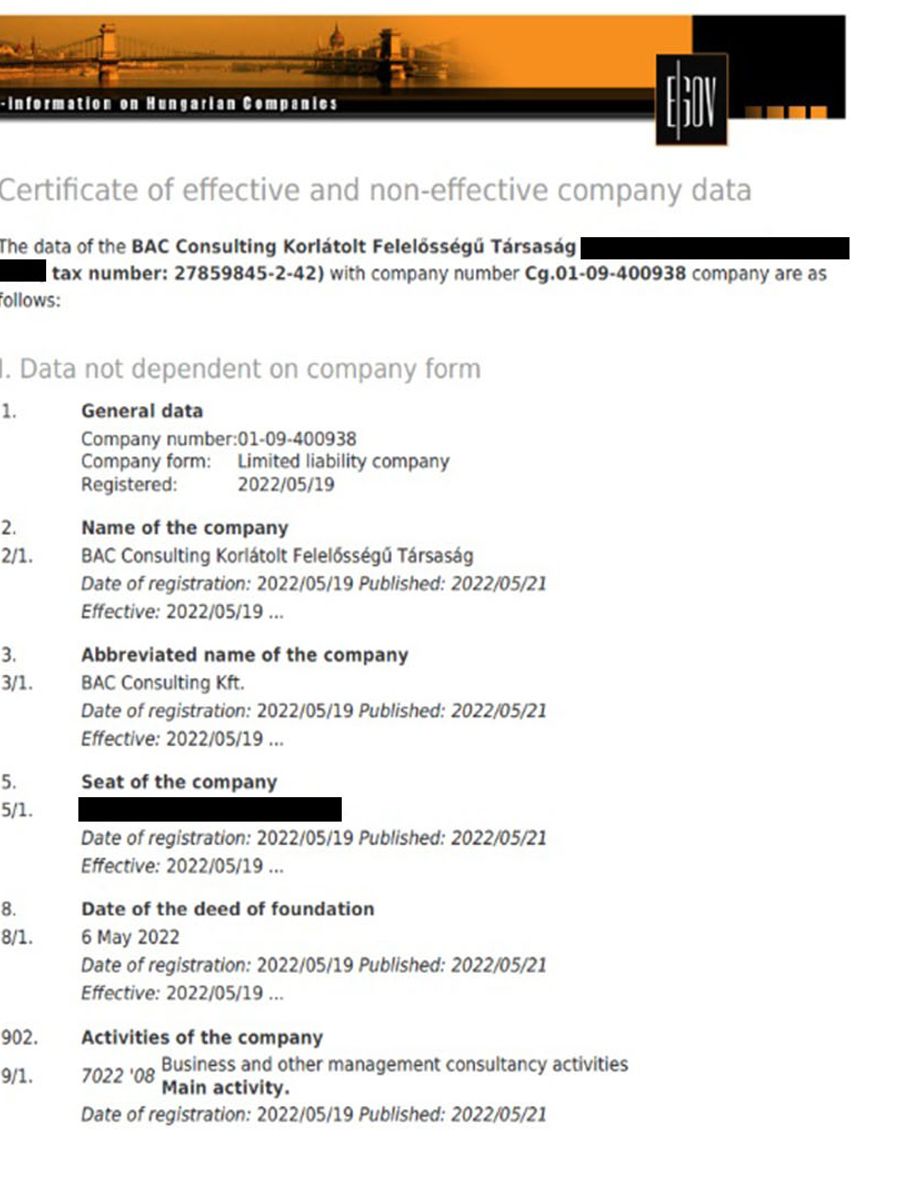
According to sources within the Bulgarian government, no direct evidence has been uncovered to suggest that the pagers were physically transported through Bulgarian territory. However, the country’s security forces are determined to follow the paper trail left by Norta Global Ltd to its conclusion, leaving the possibility of further international involvement open.
Efforts to contact Norta Global Ltd by various media outlets, including Reuters, have so far been unsuccessful. The company has not issued any official statements regarding its alleged connection to the attacks, but the mounting evidence of its involvement has placed it firmly on the radar of law enforcement agencies.
The Political Fallout and International Tensions
The attacks in Lebanon and the subsequent revelations about BAC Consulting’s possible role have sparked widespread political repercussions. Lebanon has long been a flashpoint in the Middle East’s turbulent geopolitics, and the involvement of foreign-made devices in an attack on Hezbollah adds another layer of complexity to the region’s already fraught situation.
Israel, widely suspected of involvement due to its long-standing adversarial relationship with Hezbollah, has remained tight-lipped. While the Israeli Defense Forces (IDF) have not claimed responsibility, many international analysts believe the sophisticated nature of the operation suggests state involvement. The use of pagers as explosive devices, a technology rarely seen in modern warfare, points to the possibility of a covert operation aimed at Hezbollah’s communications infrastructure.
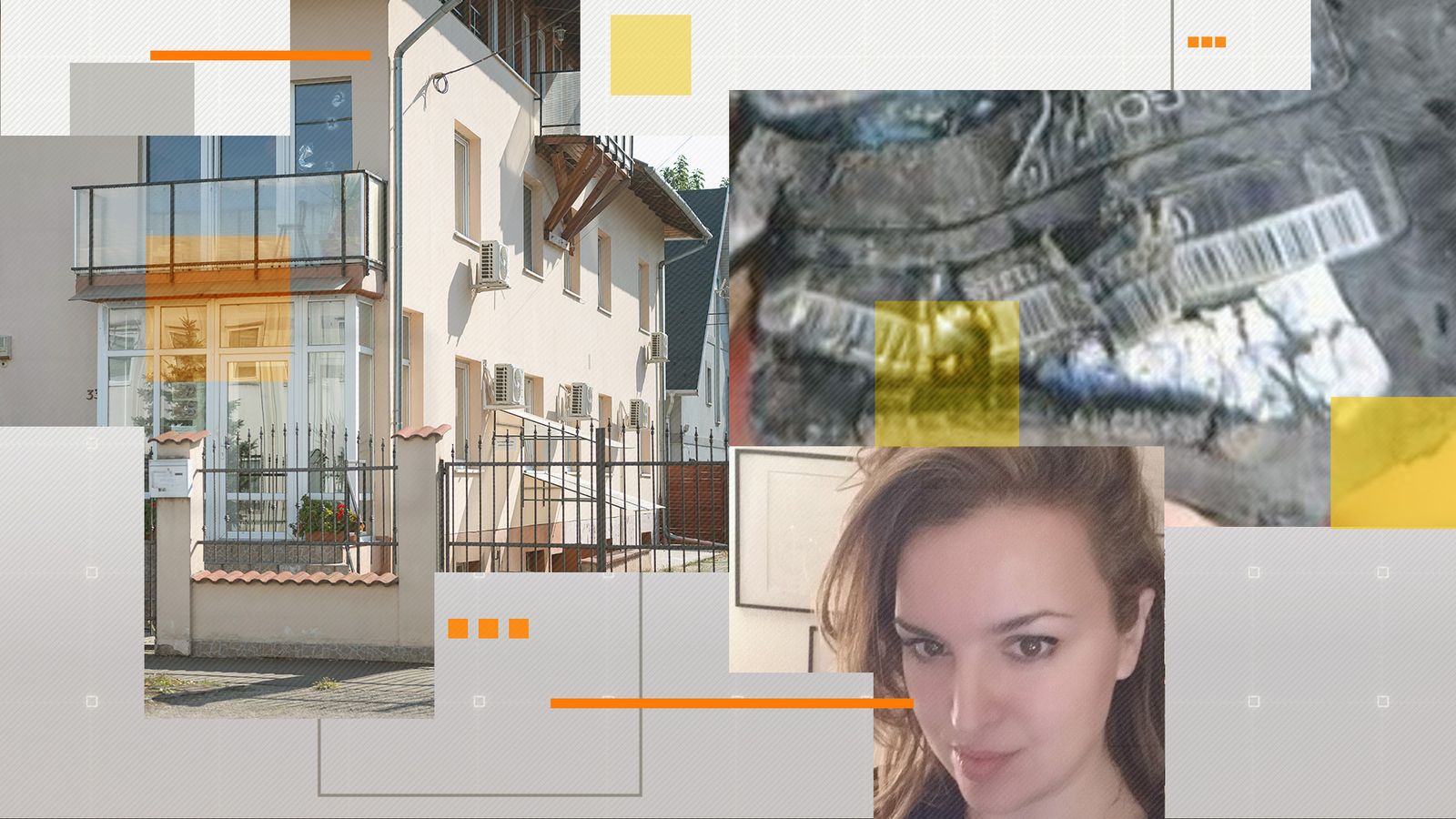
Meanwhile, Hungary, the country where BAC Consulting is headquartered, has found itself in an awkward diplomatic position. The Hungarian government has been quick to distance itself from the company, with a spokesperson confirming that the pagers in question never passed through Hungarian territory. However, the government has also pledged to cooperate fully with any international investigations, signaling its commitment to transparency.
A Murky Future for BAC Consulting
As the dust settles from the initial wave of media coverage, the future of BAC Consulting remains uncertain. The company has found itself embroiled in a scandal of international proportions, with its CEO denying any direct involvement while remaining under intense scrutiny.
In the coming weeks and months, the firm will likely face further investigations from authorities in multiple countries, with the possibility of legal action looming large on the horizon. As more details emerge about the supply chain that led to these deadly pager explosions, BAC Consulting’s role in this tragic chapter of modern conflict will be better understood.
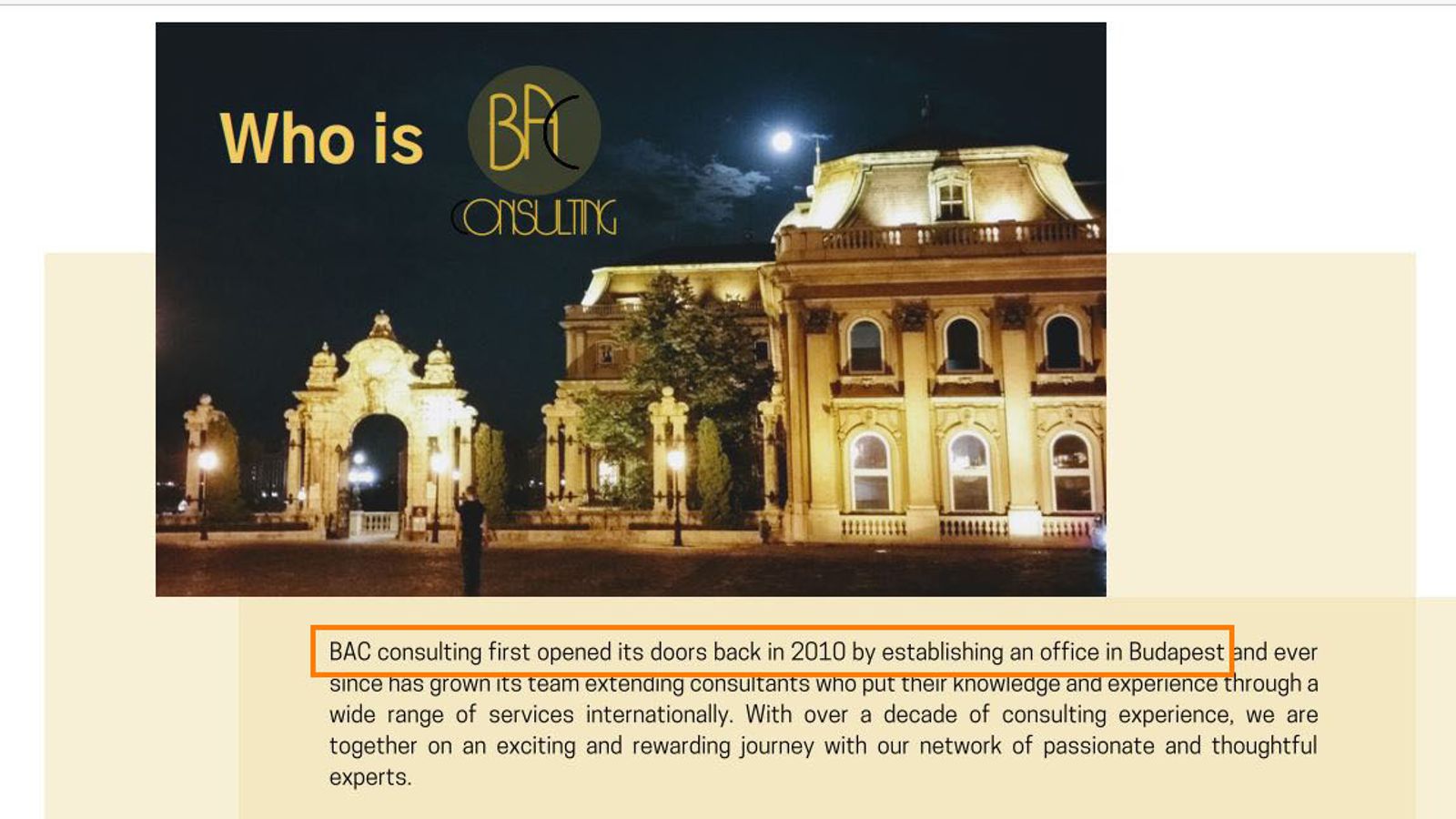
For now, the company continues to maintain its operations, though its reputation has been seriously tarnished by the accusations leveled against it. Whether it can recover from this scandal and return to business as usual remains to be seen, but one thing is certain: BAC Consulting’s involvement in the Hezbollah pager attacks has raised far-reaching questions about the shadowy world of international business and its intersection with geopolitical conflict.
The deadly attacks involving explosive pagers in Lebanon have opened a Pandora’s box of intrigue, involving multiple countries, businesses, and intelligence agencies. At the center of this controversy is BAC Consulting, a Hungary-based firm with global connections and a CEO who has denied any direct involvement in the tragic events. As investigations continue, the true extent of BAC Consulting’s role in the attacks—and the broader network of players involved—will likely come to light. Until then, the world watches with bated breath as the geopolitical puzzle pieces begin to fall into place.



